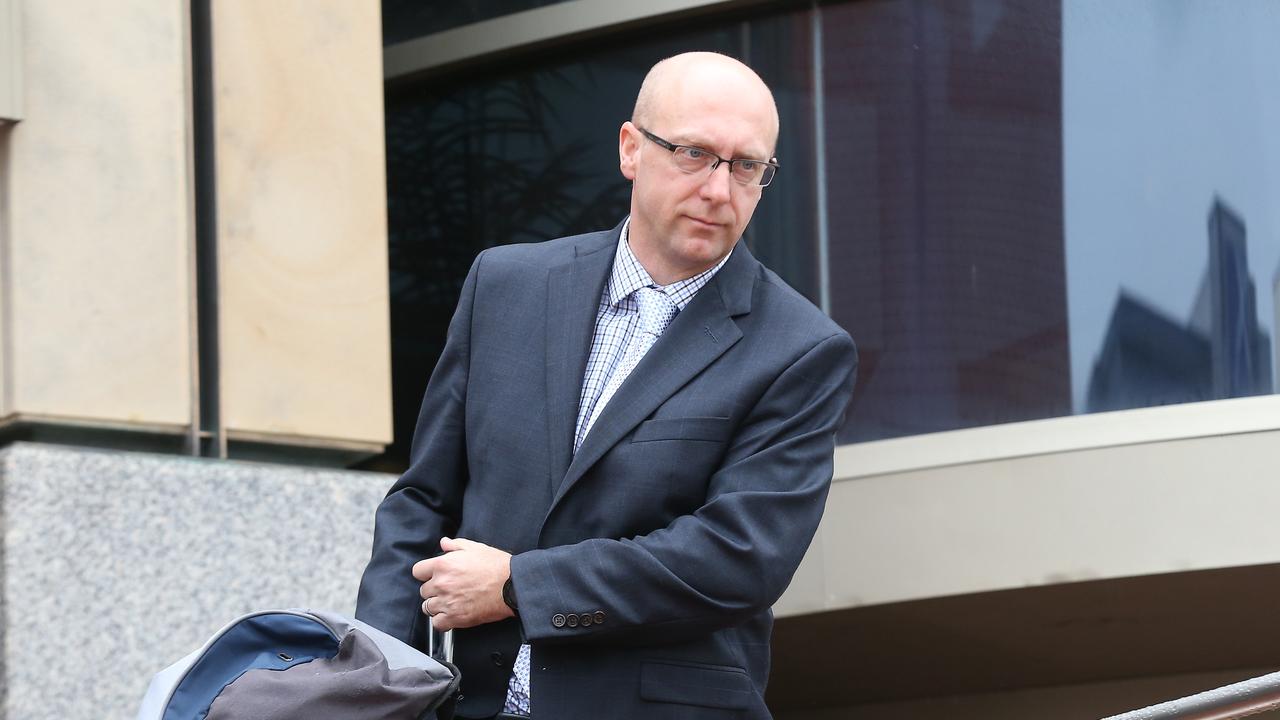Lindy Chamberlain lawyer’s justice fears for Kathleen Folbigg
Lindy Chamberlain’s defence lawyer has called for an urgent review into the management of expert witnesses in Australian courts.
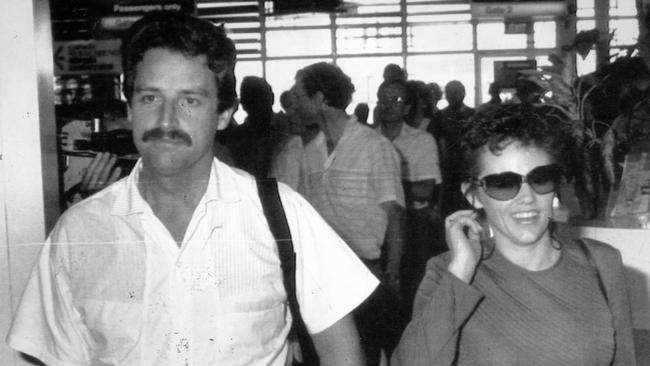
Lindy Chamberlain’s defence lawyer has called for an urgent review of expert witnesses in Australian courts, saying the current process is “the greatest danger facing our justice system”.
Stuart Tipple said the case of Kathleen Folbigg, a convicted baby-killer who might soon be freed after 20 years, could be the latest example of a severe miscarriage of justice resulting from a legal system that favours the prosecution.
“What I see as a great danger is that a lot of people being charged with criminal cases cannot afford to get rebuttal evidence. Meanwhile the prosecution can ship in whoever they like to support their case, and they don’t even have to be peer-reviewed,” he said.
“I really fear Kathleen has suffered a grave miscarriage of justice.”
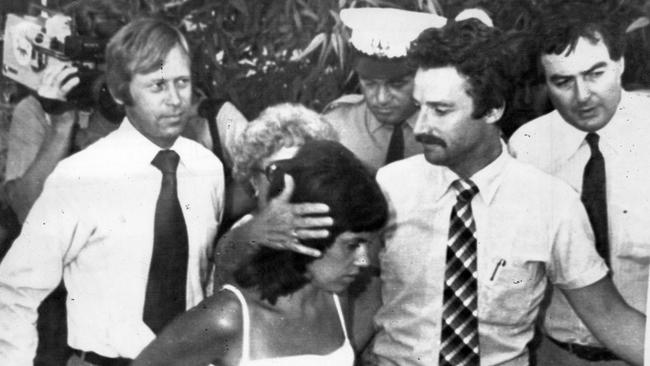
Mr Tipple spent decades fighting for Ms Chamberlain’s exoneration after she was imprisoned for murdering her toddler Azaria in the 1980s, when the child was in fact killed by a dingo. At the time, the crown prosecutor and police were able to call on their own expert witnesses who stated there were signs of foul play and it was near-impossible that a dingo had taken the child.
“So many experts I spoke to from overseas were astounded at how such defective expert evidence could be admitted into an Australian court,” he said.
“That’s still the case. As soon as the court accepts that you are an expert, you can virtually say whatever you like, and there’s no peer review. How can that be? If you were to go and try publish the same evidence in a medical journal, you wouldn’t get away with it until it had been properly vetted.
“How ridiculous is it that when you’re convicted of murder, the standard of evidence is lower than getting published in a medical journal.”
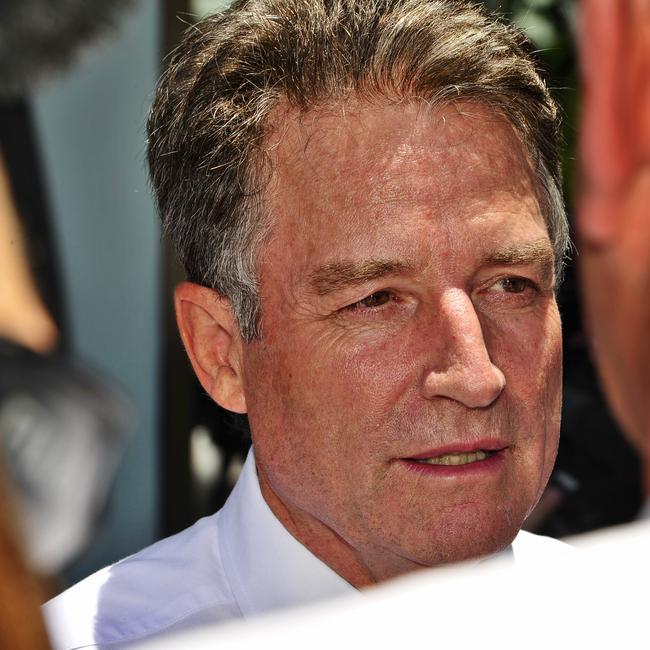
Folbigg’s 2003 conviction for killing her four children relied heavily on a number of crown expert witnesses who said they had never before seen a case where three or more babies in one family had died suddenly without foul play being involved.
While there was never any physical evidence Folbigg smothered the children, the presiding judge ruled her guilty based on circumstantial evidence, including excepts of her diaries in which she blamed herself for her children’s deaths.
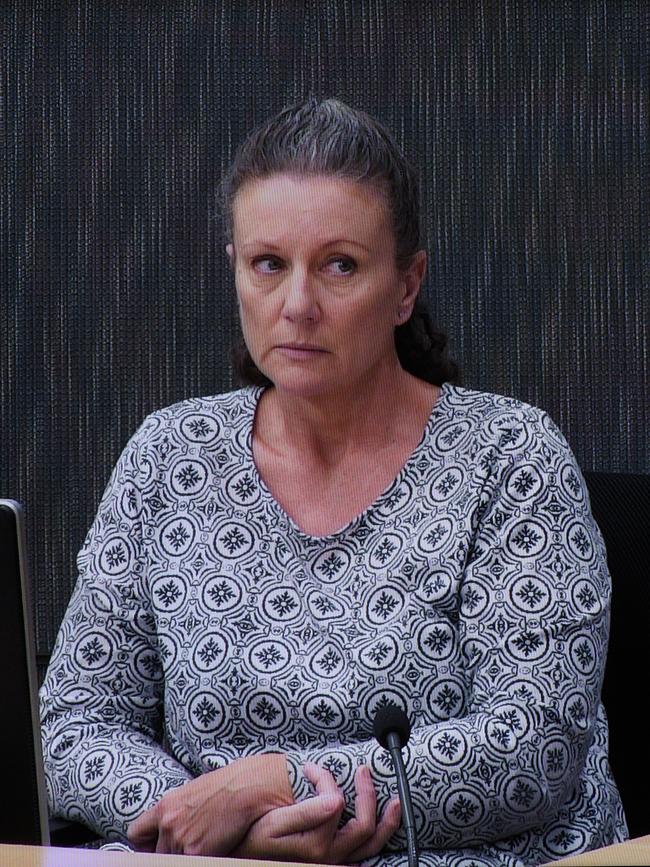
However, in early 2022 a group of 90 scientists petitioned the NSW attorney-general for Folbigg’s release after they discovered two of her daughters possessed a genetic variant which could lead to sudden death.
An inquiry was launched into her convictions, and late last month counsel assisting the inquiry and the NSW Director of Public Prosecutions found there was reasonable doubt as to Folbigg’s guilt.
Former NSW chief justice Tom Bathurst KC, who presided over the inquiry, is still deciding whether Folbigg should be exonerated.
Mr Tipple said that in Folbigg’s case, it took dozens of experts coming forward on their own accord to offer evidence, which indicated a legal system that favoured the prosecution.
“The crown always has access to experts, they have an unlimited chequebook, and their experts are very used to giving expert evidence,” Mr Tipple said.
“But when you are appearing for the defence, firstly, you probably don’t have the budget for it and if you’re on Legal Aid you won’t get a Legal Aid grant to actually cover it.
“And secondly, then you’re dealing with experts that don’t have the same advantage of the crown expert, so you’re starting well behind the eight ball.”






